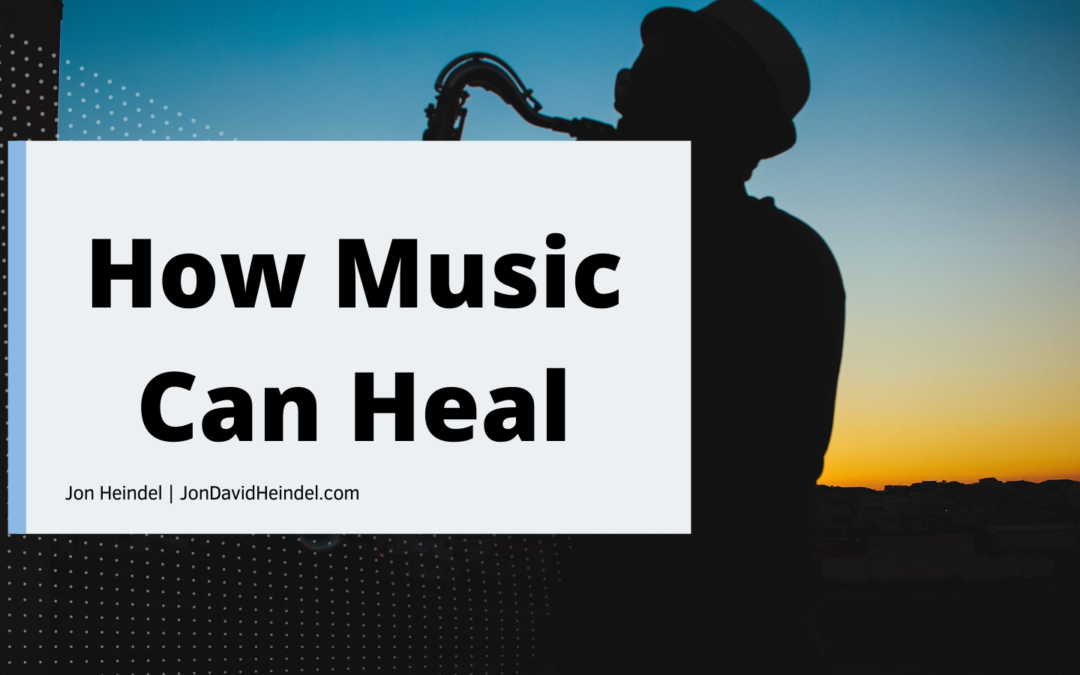Most everyone has experienced the uplifting nature of a good song. Cultures worldwide have been drawn to music throughout history because of the way it gives them an added energy boost, helps them feel relaxed, or even cheers them up from a bad day. Fewer people realize just how beneficial the effects of music listening are for our mental and physical health.
Music therapy uses music to invite healing into a person’s body and mind, accomplishing individualized goals that help bring patients into a more positive state. It’s a clinically proven way of reducing negative feelings like stress, anger, and anxiety; even patients with significant depression can lessen their symptoms through this unique form of therapy.
Many people would say that they’ve already experienced the benefits of music therapy in a self-administered fashion. When you put on your favorite power playlist to get yourself ready for an important meeting or switch to a relaxing, mellow mix to wind down before bed, you’re using music therapy, whether you call it that or not. Simply choosing the music that speaks to you emotionally can significantly impact your mental state and help you heal from any number of psychological issues, ranging from a minor bad mood to more severe problems like PTSD.
In a clinical setting, a professional performs evidence-based techniques that have been shown to yield positive results on their patients, using tools and instruments like bells, chimes, singing bowls, drums, and gongs. A certain level of artistry and creativity goes into administering music therapy, and it’s up to the experienced music therapist to intuit which combination of sounds will have the most beneficial effects for any given patient. Since everybody has their own personal story and different struggles to heal from, the administering of music therapy is as much about listening as it is about creating healing sounds.
Healing from music also comes in the form of writing your songs. Music therapists will often work with patients to write lyrics and perform on simple instruments, which provides a medium for self-expression. When you have a lot on your mind and aren’t able to communicate it, playing or singing out your feelings can have tremendous psychological benefits.
While music therapy alone can’t permanently cure extreme mental health disorders, it’s a valuable tool that anyone who’s struggling can utilize to bring themself to a better state.

